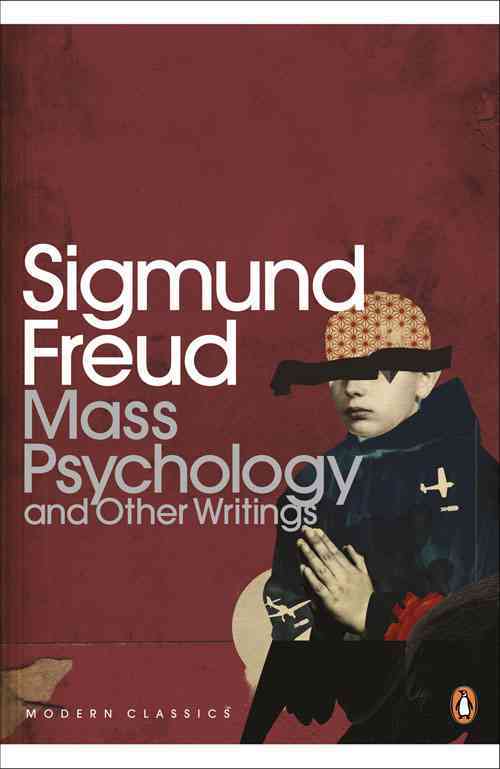內容簡介
內容簡介 Freud's religious unbeliefs are too easily dismissed as the standard scientific rationalism of the 20th-century intellectual, yet he scorned the high-minded humanism of his contemporaries. InMass Psychology and Analysis of the "I" he explores the notion of "mass-psychology"�his findings would prove all too prophetic in the years that followed. Writings such asA Religious Experience and The Future of an Illusion continue earlier work on the essential savagery of the civilized mind, andMoses the Man and Monotheistic Religion excavates the roots of religion and racism, which he concludes are inextricably intertwined. This remarkable collection reveals Freud not only at his most radically pessimistic, but also at his most personally courageous�engaging with his own adherences, his own antecedents, his own identity. These works reveal Freud at his most iconoclastic, asking challenging questions about the powerful attraction of group identity - how this has the power to bind us and drive us to hatred.In Mass Psychology (1921) he explores the psyche as a social force, with a compelling analysis of how institutions such as the Church and army can generate unquestioning loyalty to a leader and provoke us to commit atrocities - Freud's findings would prove all too prophetic in the years that followed. Works such as Moses the Man, written at the time of Freud's flight from Nazism in 1938, warn of the dangers of nationalism. And other writings like The Future of an Illusion examine religion and ritual in an unrelenting critique of religious faith. Freud's religious unbeliefs are too easily dismissed as the standard scientific rationalism of the 20th-century intellectual, yet he scorned the high-minded humanism of his contemporaries. In Mass Psychology and Analysis of the "I" he explores the notion of "mass-psychology"—his findings would prove all too prophetic in the years that followed. Writings such as A Religious Experience and The Future of an Illusion continue earlier work on the essential savagery of the civilized mind, and Moses the Man and Monotheistic Religion excavates the roots of religion and racism, which he concludes are inextricably intertwined. This remarkable collection reveals Freud not only at his most radically pessimistic, but also at his most personally courageous—engaging with his own adherences, his own antecedents, his own identity. Freud's religious unbeliefs are too easily dismissed as the standard scientific rationalism of the twentieth-century intellectual, yet he scorned the high-minded humanism of his contemporaries. In Mass Psychology and Analysis of the 'I' he explores the notion of 'mass-psychology' - his findings would prove all too prophetic in the years that followed. Writings such as A Religious Experience and The Future of an Illusion continue earlier work on the essential savagery of the civilized mind, and Moses the Man and Monotheistic Religion excavates the roots of religion and racism, which he concludes are inextricably intertwined. This remarkable collection reveals Freud not only at his most radically pessimistic, but also at his most personally courageous - engaging with his own adherences, his own antecedents, his own identity.
作者介紹
作者介紹 Sigmund Freud was born in 1856 and died in exile in London in 1939. As a writer and doctor he remains one of the informing voices of the 20th century.Sigmund Freud was born in 1856 in Moravia; between the ages of four and eighty-two his home was in Vienna: in 1938 Hitler's invasion of Austria forced him to seek asylum in London, where he died in the following year.His career began with several years of brilliant work on the anatomy and physiology of the nervous system. He was almost thirty when, after a period of study under Charcot in Paris, his interests first turned to psychology, and another ten years of clinical work in Vienna(at first in collaboration with Breuer, an older colleague) saw the birth of his creation, psychoanalysis. This began simply as a method of treating neurotic patients by investigating their minds, but it quickly grew into an accumulation of knowledge about the workings of the mind in general, whether sick or healthy. Freud was thus able to demonstrate the normal development of the sexual instinct in childhood and, largely on the basis of an examination of dreams, arrived at his fundamental discovery of the unconscious forces that influence our everyday thoughts and actions. Freud's life was uneventful, but his ideas have shaped not only many specialist disciplines, but the whole intellectual climate of the last half-century
